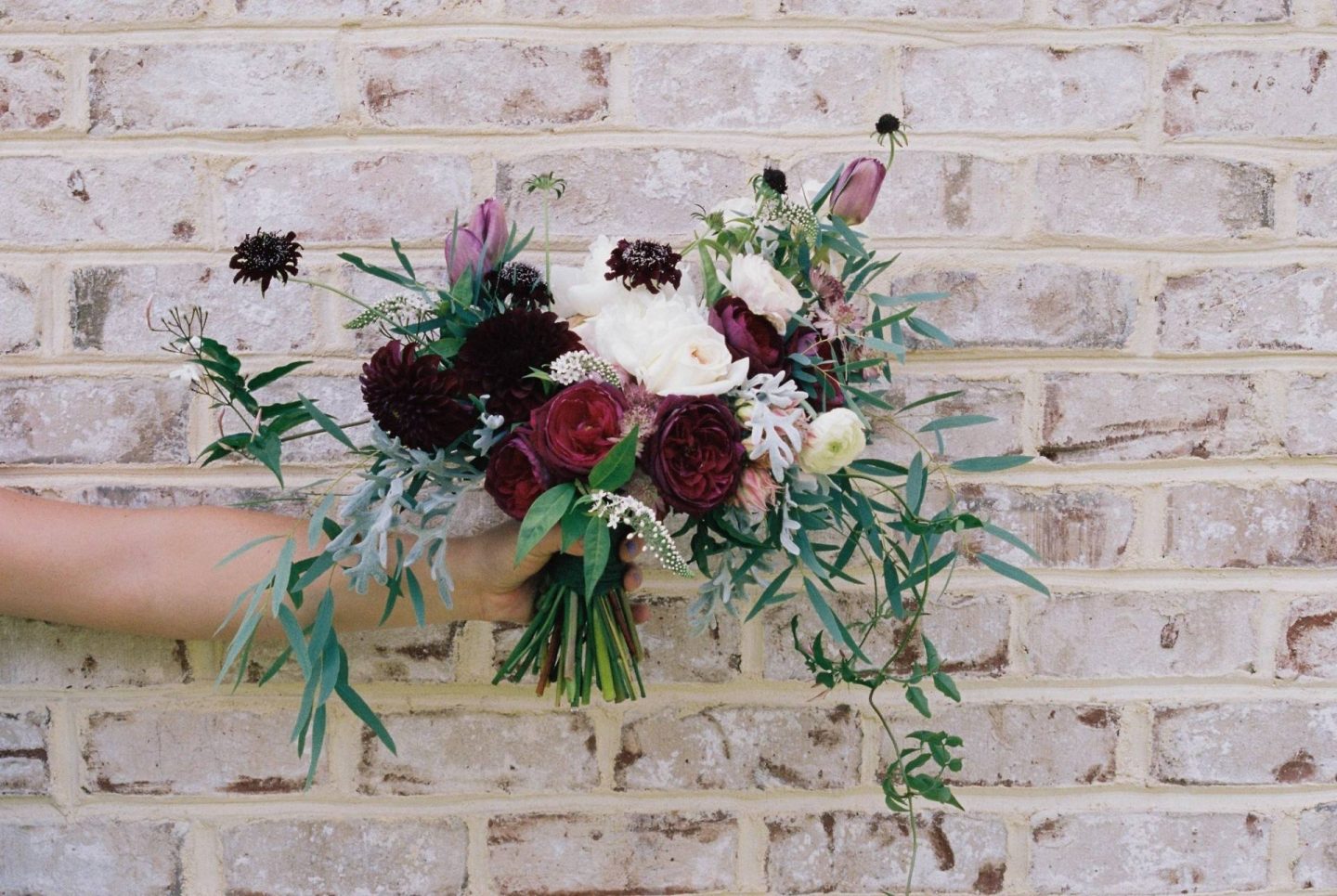*Collaborative post.
Your wedding day is one of the most special days of your life, and that will be the case whether you push the boat out on a spectacular mu;ti-day destination wedding or you go to a registry office with no guests at all. However, a wedding is the ideal excuse for a big shindig if you want one, and you can usually get other people to pay for it, so if that’s what you want, why not? If you choose to go big, picking the perfect venue is essential to creating the magical experience you’ve always dreamed of. Whether you’re looking for a grand ballroom or a rustic barn, the list of options when it comes to wedding venues is long and growing.

One popular trend in recent years has been destination weddings, where couples choose to exchange their vows in a unique and exotic location. But for those who prefer to stay closer to home, there are plenty of stunning wedding venues closer by, with showpiece locations such as St Osyth Priory always in demand due to their fairytale beauty. If you want the perfect backdrop for your perfect day, country venues are always going to be hard to beat.
From elegant country clubs to historic mansions, wedding venues come in all shapes and sizes. When choosing your venue, you’ll need to consider your budget, guest list size, and overall wedding theme. Do you want an intimate ceremony or a grand affair? Do you prefer a traditional ballroom or a more unique setting, like a vineyard or museum? If you can picture your perfect wedding, then you can make it happen.
The finer details are as important as the bigger picture
Once you’ve chosen your venue, the real fun begins: planning the details of your big day. As you may have heard, there is no one perfect way to do a wedding, and you shouldn’t feel pressured to conform to the big white dress and the page boys dressed like solemn Victorian ghosts. You can, if that’s what you choose, but your wedding is about you. If you’d prefer a different theme, go for it.
Do warn others in advance, though. They’ll generally get on board if you want an Iberian theme for your wedding, but if they turn up expecting straight tradition and the signs for the toilets read “Damas” and “Caballeros”, you’re going to spend more time explaining the theme than enjoying your big day.
If you’re going to go for a theme, then it is a good idea to keep it constant throughout the planning period. That means considering everything through the prism of that theme. Sending out invitations? Then the font and the language used should conform to your theme. By language we don’t necessarily mean Spanish or French; it’s more the case that if you’re theming the event based on the prohibition era (for example), you should refer to guests as Dames and Scofflaws, and tell them what time the speakeasy opens.
Feeding and watering your guests
When you look forward to your wedding, you’re imagining spending the rest of your life with the person that makes you happier than any other. And, yes, your friends and family will be happy to see this too, but when they look forward to your wedding,in the main they’re mostly picturing the sit-down meal and the (possibly free) bar. That’s what the vast majority of non-participants at a wedding are usually thinking about. It sounds cynical, but – in keeping with the rest of the advice here, it’s a fact that will help you plan a wedding that goes off perfectly.
There will, generally, be a decision to make on who attends the service and who is invited only to the reception. This won’t be a hard decision for the most part. The people you are closest to will be the ones who attend the ceremony. For one thing, they’re the faces you’ll want to see when you look out at the congregation. For another, they’re the ones for whom the occasion will have the most meaning.
Most people invited to the overall event will not be devastated to hear they have not made the cut for the wedding itself. But if you have any misgivings about leaving someone off the guest list for the ceremony, don’t leave them off. If you make a tight call to put them on the “reception only” list, you’ll be second-guessing that decision even as you are supposed to be having the best day of your life. If the numbers aren’t adding up and you have to leave some people out, speak to them ahead of the day and ask if they’d be OK only attending the reception. For you, they’ll usually make the call and take it out of your hands.
A sit-down meal after a wedding will generally involve a set menu – there may be one meat option, one fish option and a vegetarian/vegan alternative. Be sure ahead of the wedding to get everyone’s dietary requirements so nobody is left eating whatever the chef has been able to throw together. This, too, is probably the one part of a wedding where, even if it is themed, the theme does not need to be stuck to. If your wedding theme is Victorian England, it’s best not to serve the foods of that era. There’s commitment to “the bit” and then there’s feeding your guests jellied eels; one is charming, the other cruel.
But perhaps the most important aspect of your wedding day is the people you share it with. Surround yourself with your closest family and friends, and don’t forget to take some time to enjoy the special moments of your day together.
In conclusion, planning your dream wedding can be an exciting and rewarding experience. With so many venue and detail options available, there is truly something for everyone. Whether you opt for a destination wedding or a local venue, make sure to choose a location that speaks to your unique style and personality. And remember, at the end of the day, what matters most is celebrating your love with those who matter most to you.
